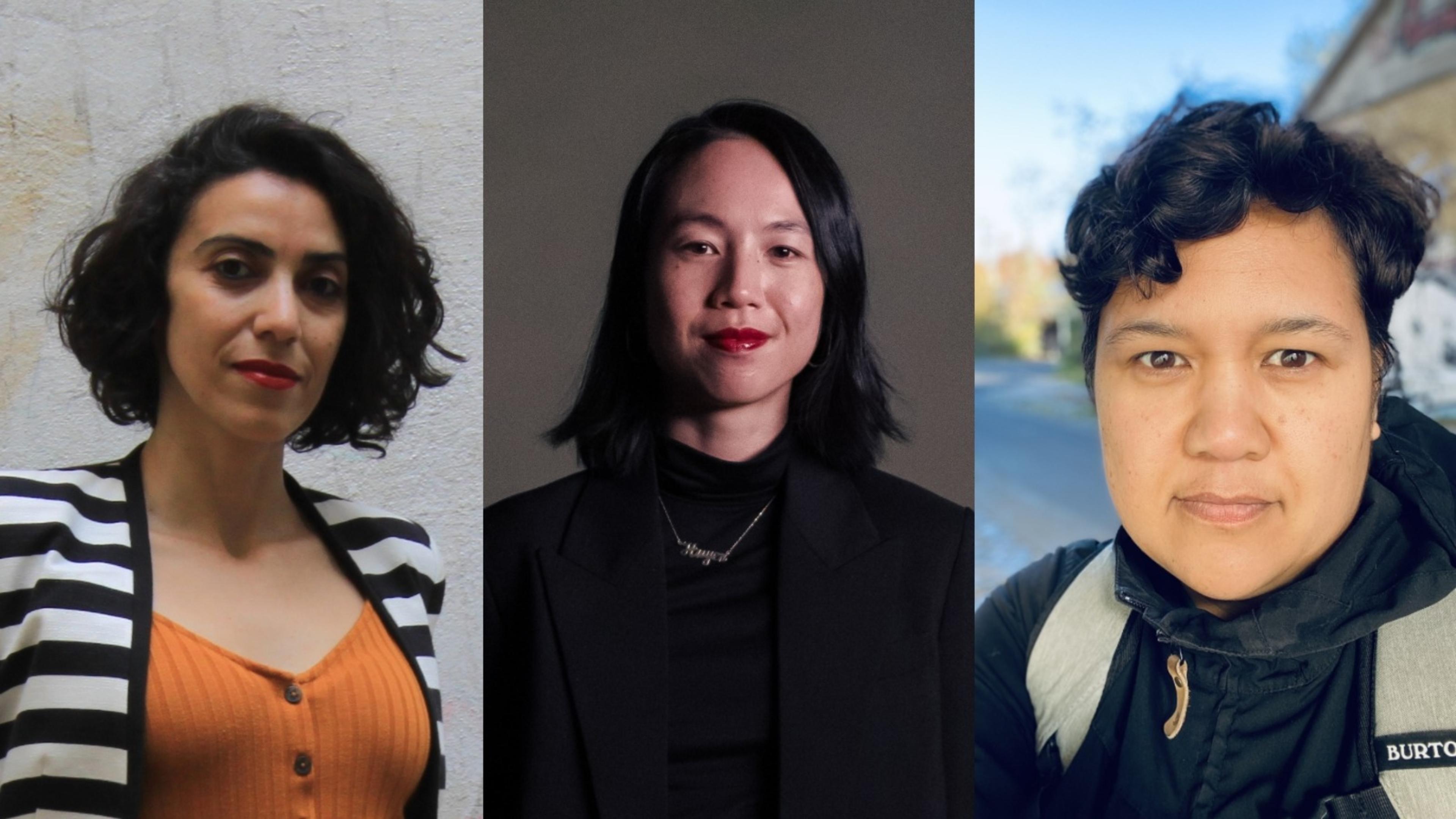Kudur | Ari Kozanoğlu & Ilgaz Yalçınoğlu
- Pop
- Talk Show
- Arabesk
Loading

Jordin Tahana and Thi Minh Huyen Nguyen discuss classism in work culture.
How does classism play a role in the work place?
Besides race and sexuality, one of the most often overlooked discrimination forms is class and yet it concerns our everyday lives – the ways we grew up, whether there was a safety net of regular income in our family households, what kind of education we gained or how easy or difficult it is for us to find a job.
With intersectionality in mind, in this episode, our guest Jordin Tahana discusses with journalist Thi Minh Huyen Nguyen the nuances of class and capital.
Thị Minh Huyền Nguyễn (she/her) is a writer, artist-scholar and designer based in Berlin. Working at the intersections of fashion, art, culture and sports, Huyen focuses on empowering Black and brown communities. She is the co-founder of @wayvrunkollektiv and @wocforward. Recently, she founded her new run club @joyruncollective. She was part of the mediation team of the 12th Berlin Biennale and has published work in Vogue Germany, Konfekt Magazine, Daddy Magazine, Friends of Friends and diacritics (DVAN). Her first group exhibition in collaboration with SAVVY Contemporary took place at Museo MAGA in Milan. After a master's in media studies, she is currently pursuing a degree in fashion design. Her clients include Nike, Acronym, District Vision, beats by dre and many more.
Jordin Tahana (she/they) is a Berlin-based assistant who belongs to the iwi of Ngāti Pikiao and Ngāti Porou in Aotearoa. After studying German and law at the University of Auckland and Victoria University of Wellington, and as a DAAD scholarship holder at the Technical University of Berlin, Jordin worked in the Registry of the Waitangi Tribunal. She then spent two years living in Yorkshire, witnessing first-hand the fallout of Thatcherite neoliberal policies of 1980s England. In Berlin, she observes the gentrification of many parts of the city, which inevitably affects marginalized groups most negatively. Jordin experiences the world through indigenous, queer, and neurodivergent eyes, acknowledging that classist and racist structures (among others) still exist and aim to exclude those without power or privilege.
BIWOC Rising wird gefördert vom Bundesministerium für Familie, Senioren, Frauen und Jugend im Rahmen des Bundesprogramms ‘Demokratie leben!‘. Die Veröffentlichung stellt keine Meinungsäußerung des BMFSFJ oder des BAFzA dar. Für inhaltliche Aussagen trägt BIWOC Rising die Verantwortung.